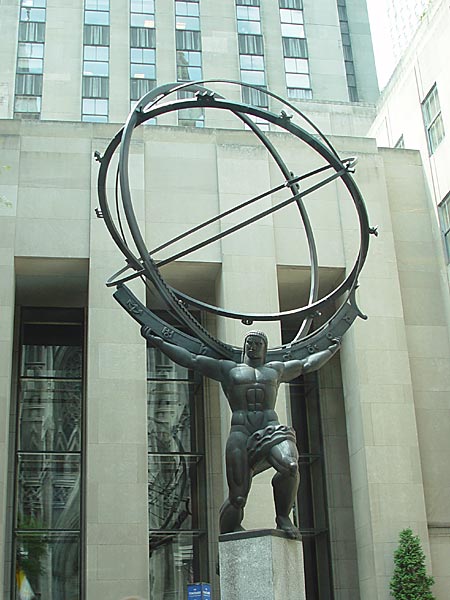BC Elections - STV for you, not me
I have always been leery about movements for institutional change as a mechanism to "solve" a problem.
I admit, on paper, it looks bad when governments in BC and Quebec are formed with less popular votes than the other side got. Yes, I admit, on paper, it looks querky when a party wins 77 out of 79 seats with just over 50% of the vote. Yes, I admit, on paper, a riding election decided by two votes will ensure one person holds the seat for four years.
On Paper, however, elections are not about the results. Elections are about your ability to have a say in those results. Elections are about having some people not getting what they want.
That is why a referendum has a thresholds. To avoid the tyranny of the minority - to make sure that the most people hate this option the least.
Proponents of STV have always argued that a disproportionate result that doesn't reflect the "will" of the electorate is bad for democracy, and skews the governance model away from the best interests of the polis. I suspect these proponents tend to be those who favour a smaller, less successful party - or members of an institutional party whose local candidate never has a chance in hell.
Opponents of STV have said "its too hard, with all the vote splitting and the multi-member districts, who will be my elected official anyway?" I suspect these people are mostly institutional party hacks.
Ambivalent theocrats like myself wonder - what is wrong with the current system, and who cares? We have a government, we elect people, they read speeches and make budgets - and life goes on. Without delving too deeply into the straw man argument regarding minority parliaments, do you REALLY want more elected houses that mirror the specrapulathon in Ottawa?
To distill the issue into simple terms - as I am like to to - shows ME that there is no need to radically reform electoral systems to better reflect the will of the people for two reasons. First, there is no such thing as a "collective" election - while an interesting political science paper, individual rights to democratic enfranchisement are just that - individual rights. Your vote is secret and it is your vote. Just like your right to worship in public, or not have hearsay used against you - you have the right to cast a vote. Canadians do not have a right to have their votes merged together.
Critics of the FPTP always decry the current model as one that denies people the franchise. Well, as Obama put it very succinctly - "I won." The model picks winners - and it should. Governance is NOT about hearing other ideas, it is about establishing who is the administrator of old ones, and how new ones can be incorporated into that discussion.
That right to vote is not infringed by FPTP. The lunatic argument that a system that doesn't "count" all votes because it is a winner take all model is, as I described at the beginning of this sentence, lunatic worthy. That is a tautology. The only time votes don't get counted in the current system is when corrupt yahoos are destroying ballots behind closed doors. That can happen in any system.
For record, if 8.1 of the votes in BC voted Green, they are just dumb because they should have voted for Campbell in order to preserve the Carbon tax. How ironic would it have been for the Green party to have splity the vote sufficiently to allow the NDP to take power and repeal the Carbon Tax? Gold Jerry.
Secondly, and I think more practically, regardless of the system, politicians have a special talent for fucking good ideas up all on their own. Regardless of how they are elected to a higher office, once there, they will approach issues through the exact same prism - how does this make me look great and make them look bad?
I am wary that any model of selection will fix that - I can think of no system of PR around the world that doesn't take the politics out of it. There are many systems that shift the politics - ostensibly changing the debate to which party is more right (pun intended) for israel, or makes better amarone in the north of italy - their politicians are just as loaded with vitriol. They are not more conciliatory - though they fake it for a few weeks as governments are formed.
Yes, STV is different. Yes, STV will make some allowances that will allow for more voices to be heard in the legislature. Bollocks if you think that those voices will still not be whipped by higher ups in the party echelon. Even for the smallest parties, who want to make sure the people they have in the offices in question can be leveraged to make the party more attractive to a broader spectrum of voters the next time around.
Regardless of your personal view of how bad the current model is,


0 Comments:
Post a Comment
Subscribe to Post Comments [Atom]
<< Home